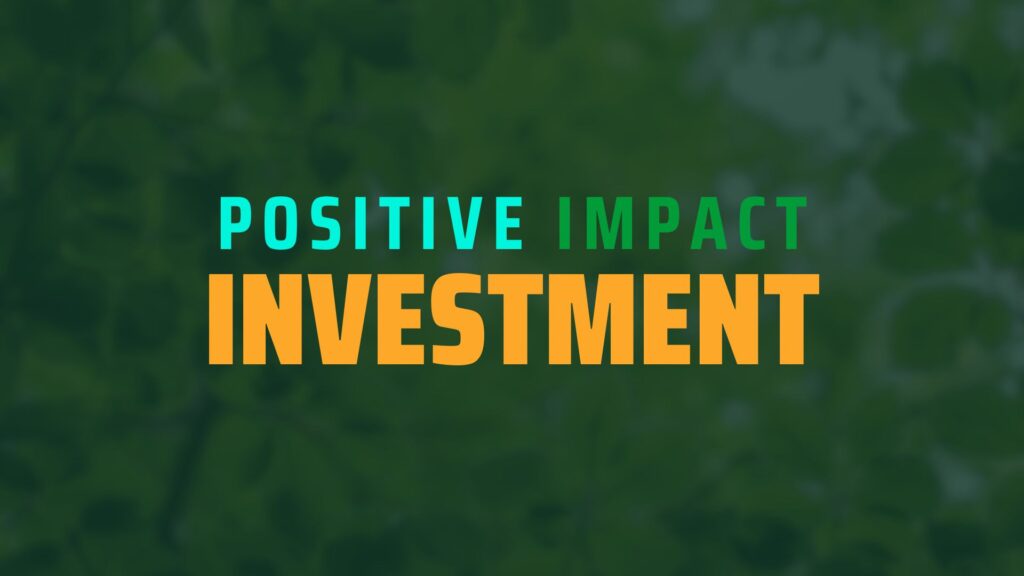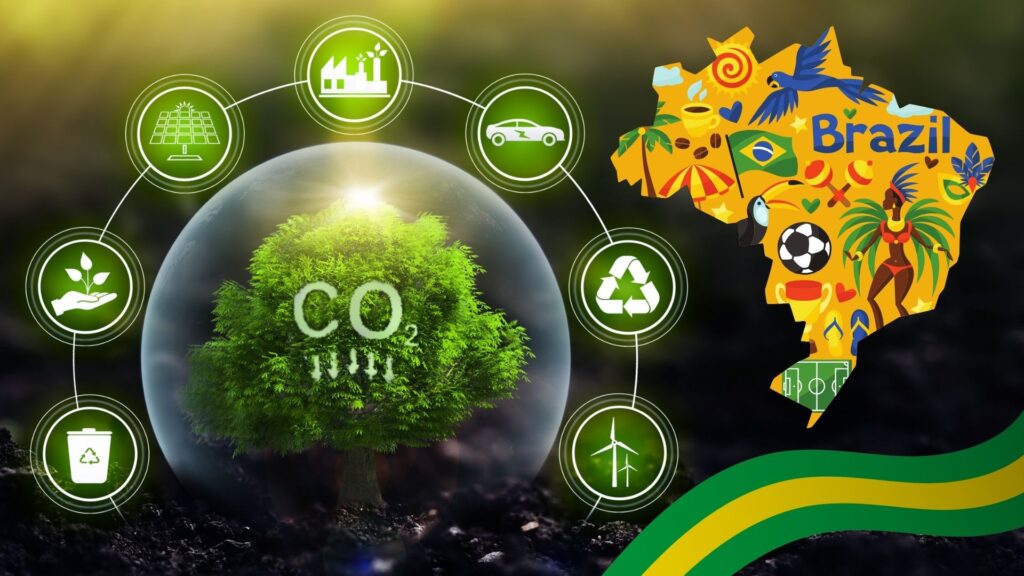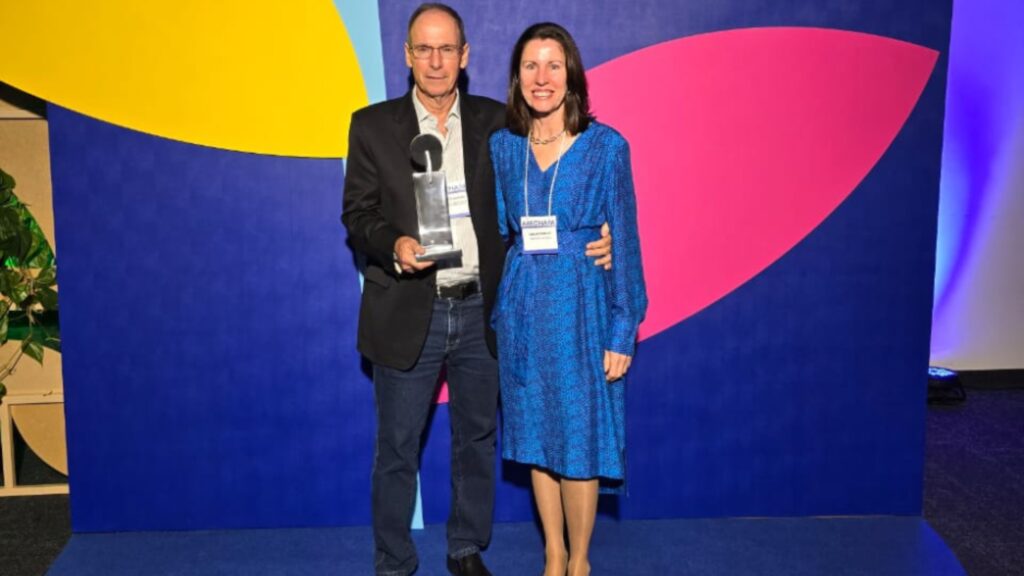As most of the world intensifies efforts to combat climate change, the role of climate finance has become increasingly vital. The Paris Agreement has set an ambitious goal: to keep global temperature rise well below 2°C, with a strong commitment to limiting it to 1.5°C. Achieving this target requires a fundamental transformation of the global economy, shifting investments away from high-emission industries and toward nature-positive solutions, such as renewable energy, sustainable transport, and green infrastructure. However, ensuring that financial flows genuinely align with climate goals requires a transparent, standardized framework for tracking and reporting climate mitigation investments. The Common Principles for Climate Mitigation Finance Tracking, developed by multilateral development banks (MDBs) and the International Development Finance Club (IDFC), serve this purpose by establishing clear eligibility criteria for climate-positive investments while excluding those that undermine long-term decarbonization efforts. This article explores the key principles of climate mitigation finance tracking, the sectors benefiting from green investments, and the future of financial strategies aimed at accelerating climate action. The Role of Climate Mitigation Finance Climate mitigation finance is a crucial tool for supporting the transition to a net-zero economy. It ensures capital is directed toward investments that: 1. Reduce or Avoid Greenhouse Gas (GHG) Emissions Reducing greenhouse gas (GHG) emissions is a core pillar of climate mitigation finance, as it directly addresses the root cause of global warming. By shifting investments toward clean energy, low-emission transport, and energy-efficient infrastructure, we can significantly cut carbon emissions while driving economic growth and innovation. Key strategies include transitioning from fossil fuels to renewable energy sources, electrifying transportation systems, and enhancing energy efficiency in buildings and industries. These measures not only reduce dependence on high-carbon energy but also create a foundation for a sustainable, net-zero future. 2. Enhance Carbon Sequestration While reducing emissions is crucial, it is equally important to remove existing carbon dioxide (CO₂) from the atmosphere to mitigate climate change effectively. Carbon sequestration plays a key role in this effort by capturing and storing CO₂ through natural and technological solutions. Investments in reforestation and afforestation restore forests that act as natural carbon sinks, while regenerative agriculture enhances soil health, increasing its capacity to store carbon. Additionally, carbon capture and storage (CCS) technologies provide an industrial-scale solution by trapping CO₂ from power plants and factories before it enters the atmosphere. These approaches work together to offset emissions and contribute to a climate-positive economy. 3. Transition High-Emission Industries Heavy industries such as steel, cement, and chemicals are among the largest contributors to global carbon emissions. Decarbonizing these sectors is essential for achieving a net-zero economy, but doing so requires targeted investments in innovative, low-carbon technologies. One of the most promising solutions is green hydrogen, which serves as a clean alternative to fossil fuels in industrial processes. Additionally, circular economy initiatives—such as waste reduction, recycling, and material reuse—help lower emissions by minimizing resource consumption. The adoption of sustainable construction materials, such as carbon-negative cement and recycled steel, further reduces the environmental impact of the building sector. Without a robust system for tracking climate-positive investments, financial flows could be misallocated to projects that offer only short-term emission reductions while reinforcing long-term fossil fuel dependency. The Common Principles ensure that financial institutions prioritize truly sustainable climate investments. Key Principles for Climate Mitigation Finance Tracking The Common Principles categorize climate mitigation finance into three distinct groups, ensuring investments are aligned with the Paris Agreement and contribute to a nature-positive global economy. 1. Negative- or Very-Low-Emission Activities To achieve a net-zero future, investments must prioritize projects that produce little to no greenhouse gas emissions while actively contributing to deep decarbonization. These activities are fully aligned with global climate targets and represent the most effective pathways toward long-term sustainability. Key areas of investment include renewable energy, such as solar, wind, hydropower, and geothermal, which replace fossil fuels and provide clean, sustainable electricity. Additionally, carbon sequestration projects—including reforestation, soil carbon restoration, and blue carbon initiatives (e.g., mangrove and seagrass restoration)—help remove CO₂ from the atmosphere. Further advancements in low-carbon industrial production are also essential. Technologies such as green hydrogen, carbon-negative cement, and bioplastics provide viable alternatives to traditional, high-emission materials, reducing the environmental impact of key industries. These projects form the foundation of a climate-positive economy and ensure that financial investments drive real, lasting change toward a sustainable world. These projects are fully aligned with net-zero targets and drive deep decarbonization. Examples include: 2. Transitional Activities While the ultimate goal is a fully decarbonized economy, some industries and systems require an intermediate phase to reduce emissions before achieving full sustainability. Transitional activities play a crucial role in this process by improving the efficiency of existing infrastructure while minimizing reliance on fossil fuels. However, these projects must be carefully managed to avoid long-term carbon lock-in and ensure they serve as stepping stones toward net-zero solutions. Key transitional strategies include industrial energy efficiency upgrades, which can reduce emissions by 30–50% through advanced technologies such as waste heat recovery, automation, and energy-efficient manufacturing processes. In the transport sector, hybrid vehicle adoption provides an interim solution, lowering emissions while paving the way for full electrification and hydrogen-powered mobility. Additionally, retrofitting buildings with energy-efficient solutions, such as heat pumps, green roofs, and smart grid integration, helps reduce energy consumption and carbon footprints. By ensuring that transitional activities remain aligned with long-term decarbonization goals, financial investments can maximize climate benefits while accelerating the global shift toward sustainable energy, transport, and industry. These projects reduce emissions in existing systems but still involve some reliance on fossil fuels. They must not create long-term carbon lock-in. Examples include: 3. Enabling Activities Achieving a net-zero economy requires not only direct emissions reductions but also a strong support system that enables the widespread adoption of climate-positive technologies and practices. Enabling activities play a crucial role in facilitating this transition by providing the financial, regulatory, and technological infrastructure needed to scale up green investments. Key enabling strategies include green bonds and sustainability-linked finance mechanisms, which provide dedicated funding for climate mitigation projects. These financial instruments









